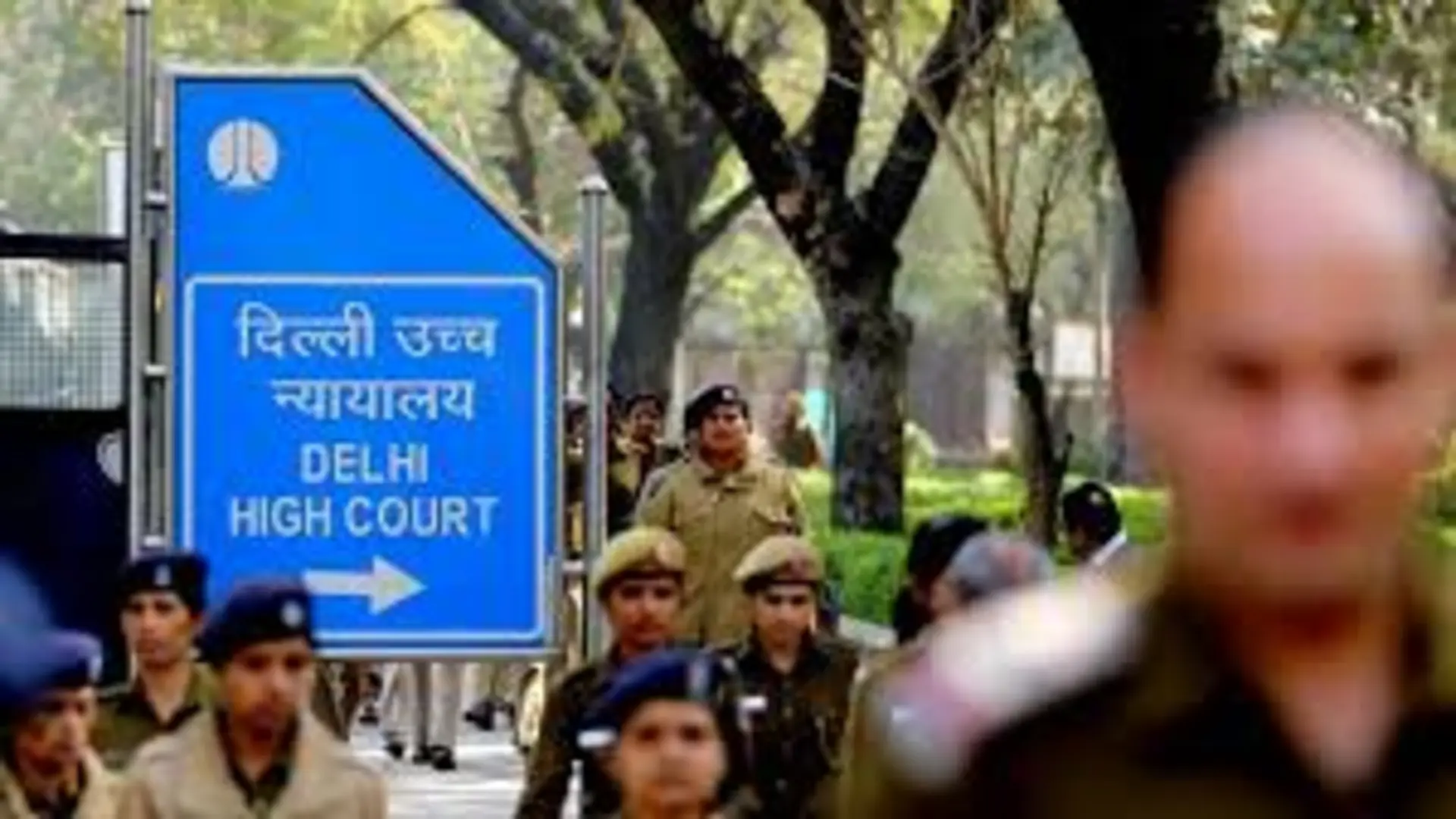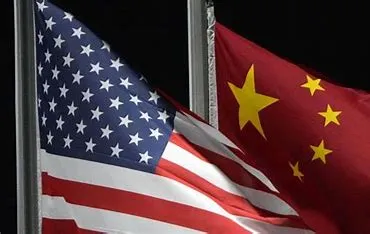Bail is rule and jail is an exception’ is a judicial principle that was laid down by the Supreme Court during a landmark judgement of State of Rajasthan v. Balchand alias Baliya in 1978. The judgement was based upon several rights that are guaranteed by the Constitution of India with Article 21 being the foremost important one. Detention of a private infringes his right to life and liberty as guaranteed under Article 21 of the Constitution of India. the most purpose of detention is to make sure easy proceedings by availing the accused for the trials with none inconvenience. Thus, if it is often ensured that the accused are going to be available as and when required for the trial, then, detaining the person isn’t necessary. Therefore, it had been held that the provisions of the Criminal Procedure Code, 1973 (CrPC) regarding the arrest of a private must be interpreted during a sense that unless indispensable, detention of an individual must be avoided.
BAIL
One such right is understood as ‘Bail’. It’s a provisional release of a detained person, who is accused of a criminal offense and therefore the judgement is yet to tend. The term ‘Bail’ has been derived from a French verb ‘Bailer’ which suggests ‘to give’ or ‘to deliver.’ Bail is granted keeping in mind the target behind arrest which is to make sure the presence of the accused before the court for the trial with none inconvenience. However, if the presence of the accused is often guaranteed without detaining the person, then it might be unjust to violate his right to liberty. Therefore, bail may be a sort of security deposited to seem before the court for release.
ABANDONMENT OF RIGHTS
The gravity of offence was immaterial for grant of bail. “Whether it’s a significant crime, whether it’s the cash laundering Act or the other law, the principles to be followed in grant of bail are one and therefore the same as per the Criminal Procedure Code.” When these principles weren’t followed, it might amount to throwing a significant challenge to the rights of the accused. it had been time a three-judge Bench of the Supreme Court clearly laid down the law for all courts to follow in order that the rights of the accused aren’t trampled upon and a message was sent to the trial courts, Mr. Ranjit Kumar said.
The Commission seeks to enhance on a provision introduced in 2005 to grant relief to thousands of prisoners languishing without trial and to decongest India’s overcrowded prisons. Section 436A of the Code of Criminal Procedure stipulates that a prisoner shall be released on bail on personal bond if he or she has undergone detention of half the utmost period of imprisonment specified for that offence. The Law Commission recommends that those detained for an offence that might attract up to seven years’ imprisonment be released on completing one-third of that period, and people charged with offences attracting a extended jail term, after they complete half that period. For those that had spent the entire period as under trials, the amount undergone could also be considered for remission. Generally terms, the Commission cautions the police against needless arrests and magistrates against mechanical remand orders. It gives an illustrative list of conditions that would be imposed in lieu of sureties or financial bonds. It advocates the necessity to impose the “least restrictive conditions”. However, because the report warns, bail law reform isn’t the panacea for all problems of the criminal justice system. Be it overcrowded prisons or unjust incarceration of the poor, the answer lies in expediting the trial process. For, in our justice system, delay remains the first source of injustice.
WHY IS JAIL AN EXCEPTION?
The appliance of the Reformative theory to the principles of punishment involves a balance between two theories, namely deterrent theory, and punitive theory, i.e., to reform an accused and to stay him faraway from hardened criminals in jail which are deemed to be universities of crime.
Furthermore, with an increase in Human rights activism, the equilibrium between the freedom of a private and therefore the interest of society has become the most concern. So unless there are some cogent reasons like chances of the accused fleeing from justice or the fear of him tampering with the evidence or inducing the witnesses, detention of the accused is against his fundamental right to liberty which is completely uncalled for. Therefore, the courts make sure that an individual isn’t detained unless the interest of justice suffers if an arrest isn’t made.
ARNESH KUMAR V. STATE OF BIHAR
It is a landmark judgement, which was pronounced by the Apex Court as it imposed further checks and balances on the powers of the police before an arrest and after arrest. Supreme Court has given the directions to all the State Governments, to instruct police officers not precisely arrest the accused without check-list and scrutinize all the facts and first did preliminary investigation before arrest.
‘‘Arrests bring humiliation, curtail freedom, and casts scars forever. Lawmakers know it so also the police. There is a battle between the law makers and police and it seems that the police have not learned its lesson: the lesson implicit and embodied in Cr.P.C.’’
Recently in the case of Munawar Vs. State of Madhya Pradesh[Comedian Munawwar Farooqui Case], The Supreme Court granted bail to him, only on the basis that the investigation authorities does not follow the guidelines mentioned under the Arnesh Kumar Case, which clearly shows us that how much the liberty of any individual is sacred, and no one have right to curtail anyone personal liberty.
NEW TREND: NOT BAIL, JAIL IS THE NORM
Right to life and personal liberty is one of the most important and beautiful fundamental right mentioned in our constitution under Art. 21. The Part-III of the Indian Constitution is wholly and solely based on the principles of natural justice.
Generally, no provision is found in any statute for the observance of the principles of natural justice by the adjudicating authorities. The question then arises whether the adjudicating authority is bound to follow the principles of natural justice. The law is well settles after the powerful pronouncement of Byle J in Cooper v. Wandsworth Board of Works.
The principle laid down in the above-mentioned case is accepted in India also. In the famous case of A.K. Kraipak v. Union of India, speaking for the Supreme Court, Hedge J propounded:
‘’The aim of the rules of natural justice is to secure justice or to put it negatively to prevent miscarriage of justice. These rules can operate only in areas and covered by any law validly made. In other words they do not supplant the law of the land but supplement it.’’
Par Contra, Bail Jurisprudence in India is also based on the principles of natural justice and individual liberty. In the famous case of Narasimhulu v. Public Prosecutor, Justice Krishna Iyer remarked that “The subject of bail belongs to the blurred are of the criminal justice system and largely hinges on the hunch on the bench, otherwise called judicial discretion.”
It is imperative that discretion must be exercised with caution and care and must be applied by balancing the interests of both justice and personal liberty of individuals. It must not be arbitrary, vague and fanciful, but legal and regular.
The recent trend of arbitrariness in exercising discretion has been a serious roadblock in achieving the ends of justice. In cases involving high profile individuals, bail is granted without considering the enormity of the case. However, on the other side, investigating agencies arrested or detained the individuals without doing preliminary investigation, and the agencies can dance only on the orders of their political masters, likewise we can easily seeing the illegal detention of Adv. Sudha Bhardwaj, IPS Sanjiv Bhatt. Dr. Kafeel, Comedian Munawwar Farooqui and many more.
The importance of mass media in influencing human mind has been repeatedly emphasized by some experts. And nowadays these TRP lovers’ news channels, who conducted media trials along with the judicial trials, can somehow affects the judges mind also. Due to all this or some threat or in pressure, the whole Bail Jurisprudence is now changed in India. Judges can discuss the merits of the case in the bail pleas which is somehow against the fair trial and criminal jurisprudence. District and Sessions Courts rejected the bail application, if media already pronounced the judgement and held the accused guilty, which we were seen in the case of Bollywood Actress Rhea Chakraboty and now in the case of Comedian Munawar Farooqui, then how will the justice done and how the judiciary protects the rights of an individual.
CONCLUSION
Nowadays, the prosecution agencies unnecessarily oppose the bail application of the accused on the ground that his presence in custody is necessary for making a search and recovery of documents in his/her presence. However, The Supreme Court in Harsh Sawhney v. Union Territory, Chandigarh, rejected the plea of the prosecution on this ground and directed that appellant shall appear for the interrogation by the police whenever reasonably required, subject to his/her right under Art. 20(3) of the Constitution.
Now it is the need of the time that the judicial authorities interprets the bail laws in a very systematic and effective manner by which no govt. can infringes the right of the personal liberty of any individual.























